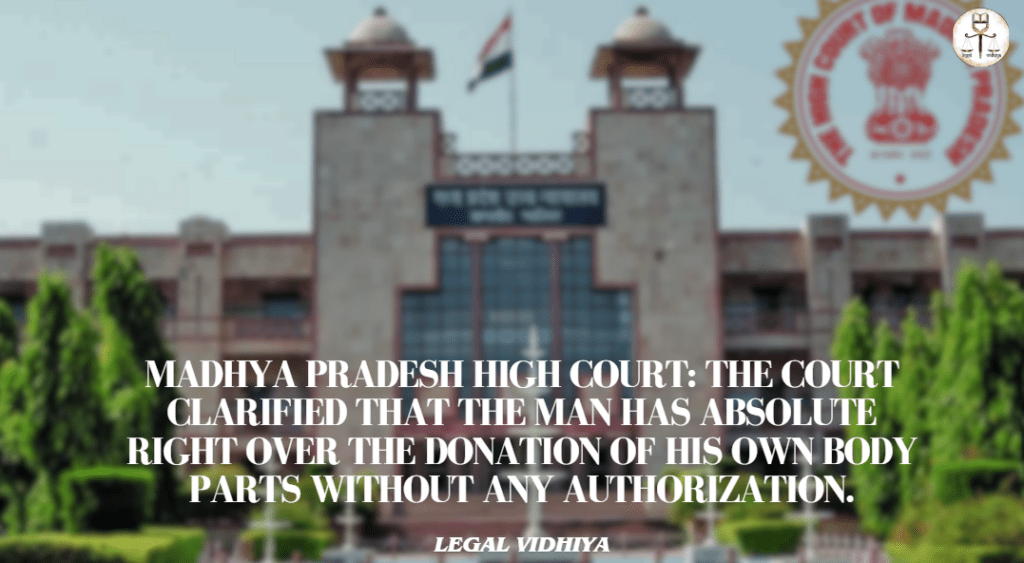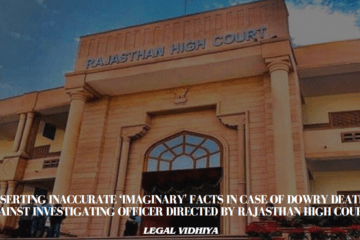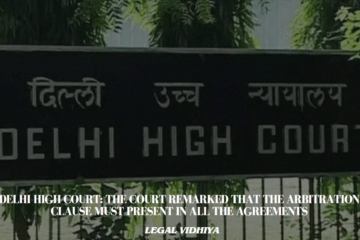
The Madhya Pradesh High Court ruled that the freedom of exercising of rights vested in human beings are absolute and it is not to be authorised by other persons in the society.
- The writ petition filed under Art.226 of the Indian constitution, challenging the non-acceptance of the petitioner’s donation of his body part by the hospital.
- The petitioner is a healthy man, voluntarily come forward to donate a part of liver tissue to the treatment of his ailing brother. He has a concern over his brother’s health.
- The 2nd respondent, Petitioner’s wife made objection over the decision of the donation and was worried about her marital life.
- So, the 4th respondent, Hospital takes the consideration of objection made by his wife and not allow him to donate his liver tissue.
The Court observed the health condition of the petitioner. The medical report was submitted in the court hall implies that the donor has the capability of donating his body parts to anybody. It does not affect the health and life of the petitioner. Further, the court looks into the petitioner’s concern over the health of his brother.
The High Court analysed the acceptance of voluntary donation under the Section 3 and Rule 18 of the Organ Transplantation Act of 1994, clarified that the man has the authorization by himself to donate his body parts. The consent of the family members, relatives and friends is not necessary as per law.
Justice Raj Mohan Singh cited the landmark case of Shashimani Mishra & Anr. V. State of Madhya Pradesh, “The Court said that the spouse’s consent is not mandatory for organ donation with his own consent.” and Held that the hospital should accept the donation of liver tissue of the petitioner and proceed the transplant operation of his ailing brother without any delay.
The Justice also highlighted the French philosopher Quote:
“The only way to deal with an unfree world is to become so absolutely free that your very existence is an act of rebellion.”
The Court also clarifies that the man has the absolute power to execute his right unless it is against the law of the country.
CASE NAME: Vikas Agrawal & Anr V. State of Madhya Pradesh Through Principal Secretary & Ors.
NAME: Viswa ganesh K, BALLB (Hons.), School of Excellence in Law, Dr. Ambedkar Law University, INTERN UNDER LEGAL VIDHIYA.
Disclaimer: The materials provided herein are intended solely for informational purposes. Accessing or using the site or the materials does not establish an attorney-client relationship. The information presented on this site is not to be construed as legal or professional advice, and it should not be relied upon for such purposes or used as a substitute for advice from a licensed attorney in your state. Additionally, the viewpoint presented by the author is of a personal nature.




0 Comments